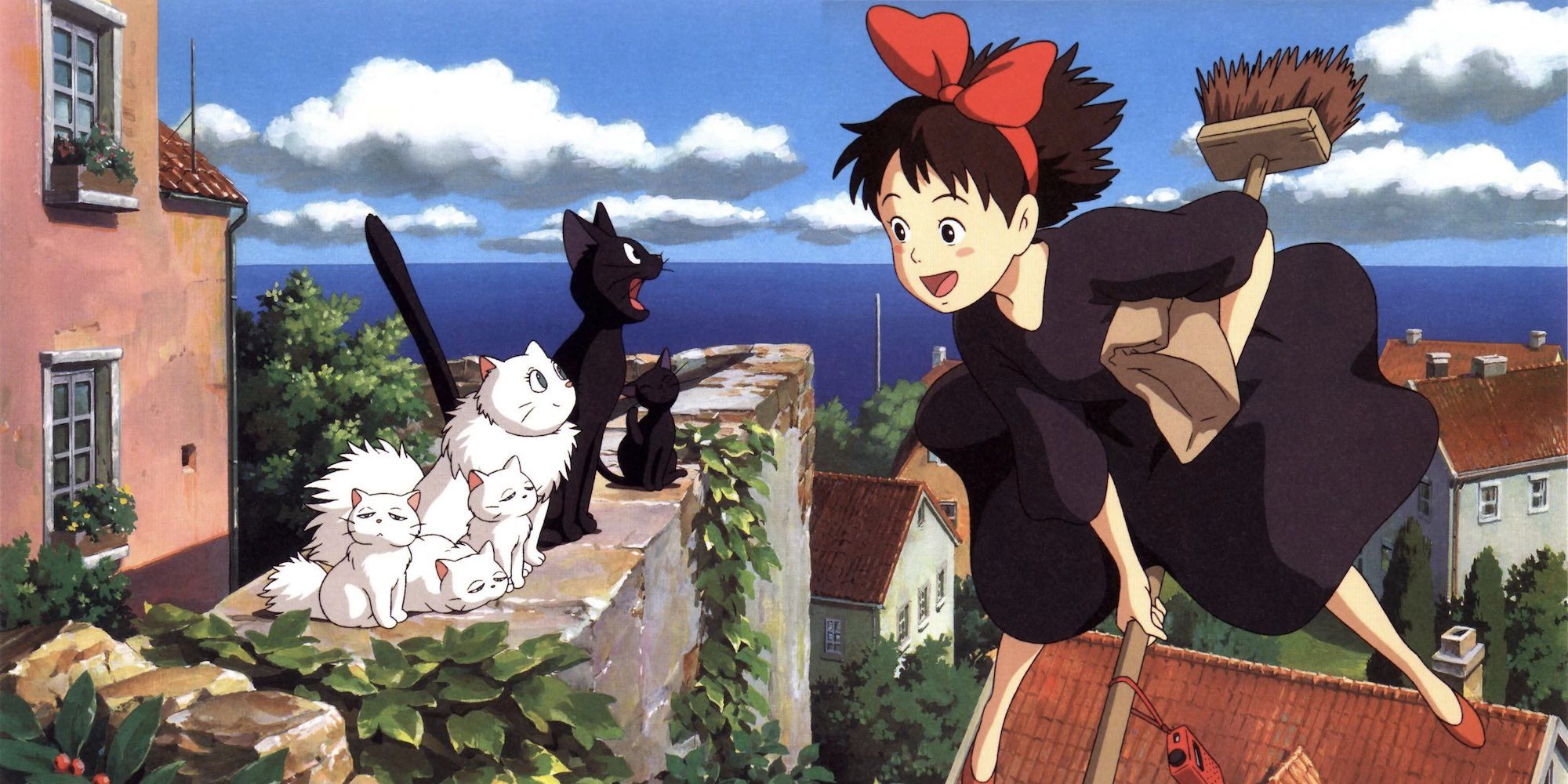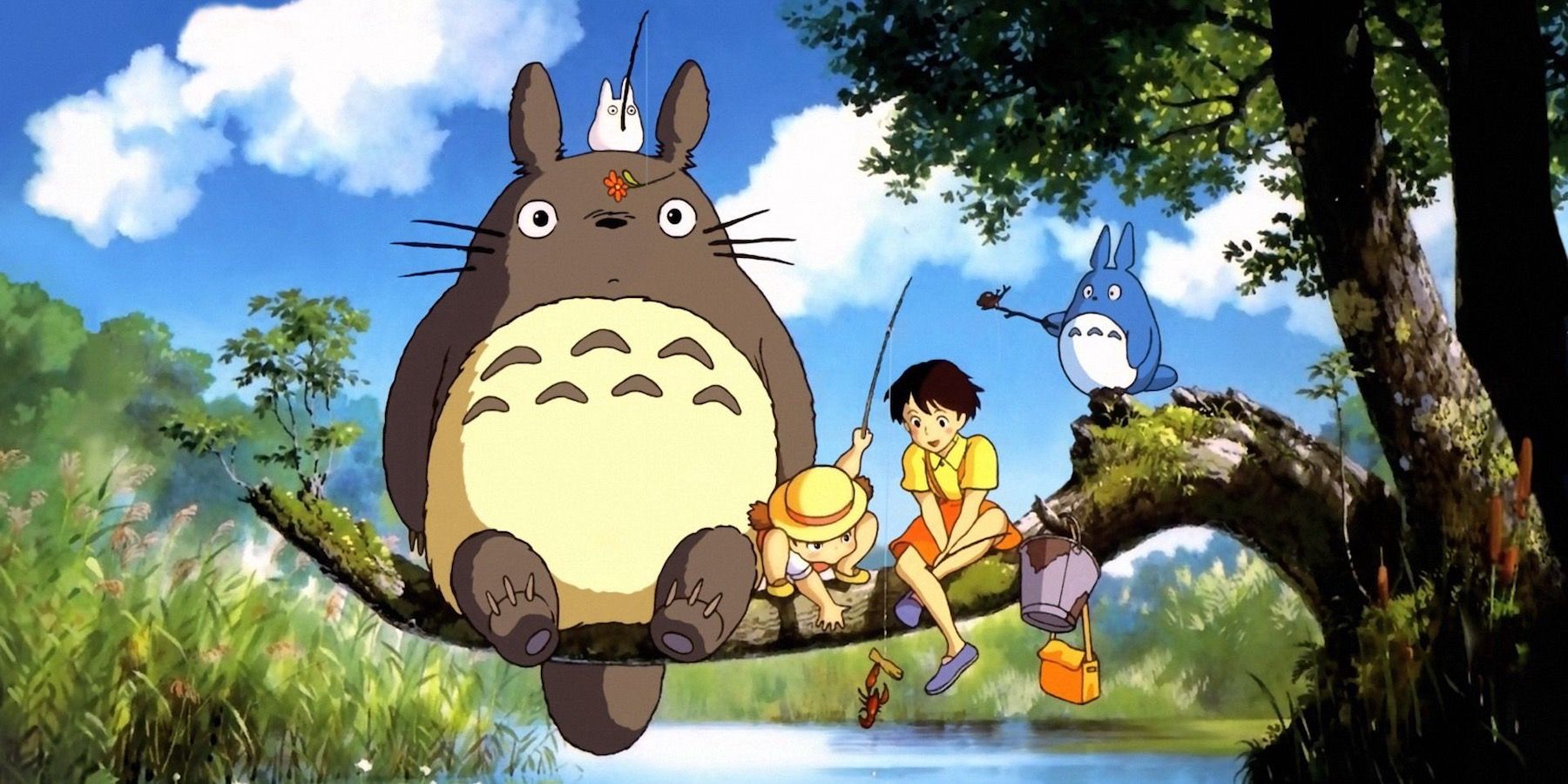Steve Alpert, leader of Studio Ghibli's international division from 1996 to 2011, revealed that Disney made edits to multiple films without permission, including Kiki's Delivery Service. After decades-long careers in the film industry, directors Hayao Miyazaki and Isao Takahata founded the Tokyo-based animation studio in 1985, funded by Tokuma Shoten Publishing Company. In addition to films, Studio Ghibli animated video games, and commercials. Miyazaki's most successful films with the studio are Castle in the Sky, My Neighbor Totoro, Kiki's Delivery Service, Princess Mononoke, Spirited Away, and Howl's Moving Castle. In 2013, the acclaimed and decorated director announced his retirement from creating feature films.
In 1996, Studio Ghibli's parent company, Tokuma Shoten, entered into a partnership with Walt Disney Studios, with Buena Vista Pictures becoming the sole international distributor for the animated films. The first film from the catalog by Disney was Princess Mononoke in 1997; 15 films followed over the next two decades. Previous Studio Ghibli films were altered and redubbed by Disney before redistribution. The studio also famously had a strict no cuts policy, due to the disruptive editing of its first film, Nausicaä of the Valley of Wind for distribution through the United States. As of 2005, Studio Ghibli separated from Tokuma Shoten but retained its contract with Disney. As of 2019, HBO Max holds the streaming rights for Studio Ghibli in the United States.
In the upcoming memoir, Sharing a House with the Never-Ending Man: 15 Years at Studio Ghibli, Alpert goes into his time as the former head of the international division at Studio Ghibli (via Cartoon Brew). He revealed the exact origin of the "no cuts" policy, rooted in a heated disagreement with Harvey Weinstein, the then head of Miramax over his insistence on editing Princess Mononoke to make the film more "marketable" to American audiences. Despite Miyazaki's emphatic resistance, Disney altered his other works without permission. Alpert revealed that the English-language version of Kiki’s Delivery Service released by Disney in 1998 added music, sound effects, and dialogue, disregarding a signed contract with Studio Ghibli not to make substantial changes. When Alpert pointed this out to an unnamed Disney executive, he gave the producer in charge of the English-language version "the kind of verbal lashing that makes grown men cry."
Under Alpert's tenure with the company, the creators of beloved anime films earned five Academy Award nominations, and Spirited Away took home Best Animated Feature Film in 2002. The memoir, due out in two weeks, utilizes the publicity of the catalog's re-release on HBO Max. The book primarily focuses on the first six years at the studio and acting as a translator for Miyazaki on trips to the United States. It's disappointing to read that a director naturally protective of his work, still found it manipulated by a corporation without approval.
From the perspective of 2020, where Disney now owns a significant number of its former competitors, like 20th Century Fox Animation Studios, the alterations come as no surprise. The Walt Disney Company has become a global conglomerate and powerful force in the entertainment industry. After the acquisition of Marvel and Lucasfilm, Disney owns a significant section of the entertainment industry, for better or for worse. Reveals, like those offered by Alpert in his memoir, are a reminder to the dangers of a monopoly in the entertainment industry and the possible threat posed to international studios through distribution agreements.
Source: Sharing a House with the Never-Ending Man: 15 Years at Studio Ghibli (via Cartoon Brew)


